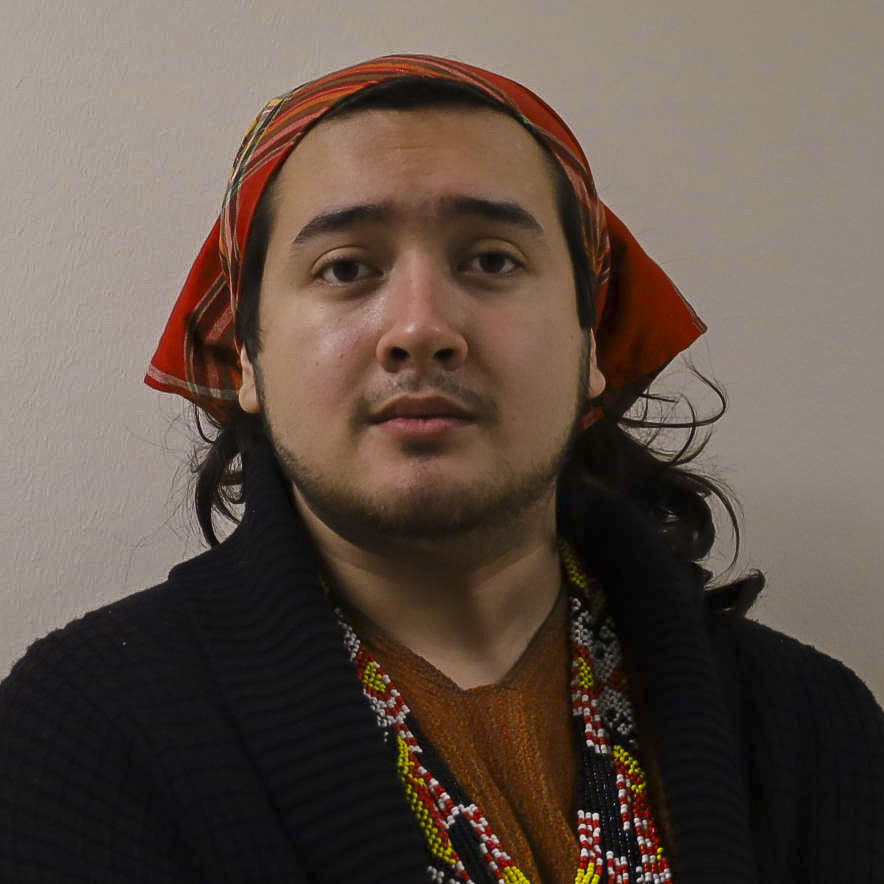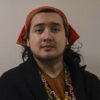I have been a part of Goshen College and the Goshen community for most of my life. Growing up mixed Afro-Asian in a predominantly white and Eurocentric city, discrimination became frequent.
When I began scouting colleges, and I did a lot of scouting, Goshen came up as one of my options.While Goshen was always my dream school, praised by the neighboring Mennonite community, I grew weary of its acceptance of someone who looked like me: a BIPOC (Black, Indigenous or person of color), openly queer, disabled individual.
Whether it was the casual racism, classism, homophobia or ableism that got to me first, I have no way of knowing.
What I do know is that I was not the only student, or faculty member for that matter, to be met with discriminatory rhetoric by other faculty, administrators or students.
It was because of this that, during my first year of college, I held space for an informal student survey.
This survey served to gauge the willingness of BIPOC students, queer students and disabled students to discuss their experiences with discrimination on campus with the administration.
We found that nearly 80% of the students who had experienced some form of discrimination were unwilling to discuss these issues with those in power because of the history of the college dismissing discriminatory campus practices as a simple matter of grandfathering.
As a growing number of BIPOC students were coming forward with stories of discrimination on campus, a group of us students formed the DSC, or Discrimination Student Caucus.
Formed out of the growing frustration of a lack of action and a lack of change regarding discriminatory policy and practice on campus as a whole, DSC serves as a student-led organization that seeks to review, revise and rewrite policy on campus that undermines and demeans historically marginalized people.
DSC functions as an advisory team to the administration to advocate for students. It seeks to bring transparency to the student body and provide a safe space for students to express their concerns and experiences in an environment that seeks to make change within our community from the ground up.
As a part of this process, Isabella Ruiz, DSC co-president, has provided a list of accessibility issues on campus, highlighting the inaccessibility to students with disabilities.
As we discuss these multifaceted issues surrounding race, ethnicity, gender, disability, sexuality and many other areas, it is important to note the areas in which all students and faculty may recognize these issues in their day-to-day activities.
Examples include:
– Umble Center lacks a functional ramp inside; there are only stairs to the other tiers; there is limited accessible seating.
– The RFC’s elevator is a freight elevator and not clearly marked for people to find.
– There is not enough accessible housing.
– Elevators are unreliable.
– Sensory issues pervade, especially regarding bright white LED lights.
– Westlawn Dining Hall insufficiently accommodates dietary issues and frequently incorrectly marks allergens.
These examples constitute only a small fraction of the inaccessible areas on campus, and they raise an important question: If these are just the discriminatory practices that exist in the open, what practices exist that we do not see?
It is for this reason that DSC has come together, in order to research and review these policies on campus and amplify the voices of BIPOC, queer and disabled people and provide a safe space in which people of all backgrounds are welcome to come together and stand together in the good fight, not only for true equity and inclusion on campus, but in our greater community as well.
For more information, please contact the co-presidents, Robin Chico and Isabella Ruiz, or contact our advisor Julia Schiavone Camacho. DSC meets every Tuesday from 4-5 p.m. in Wyse 319.




